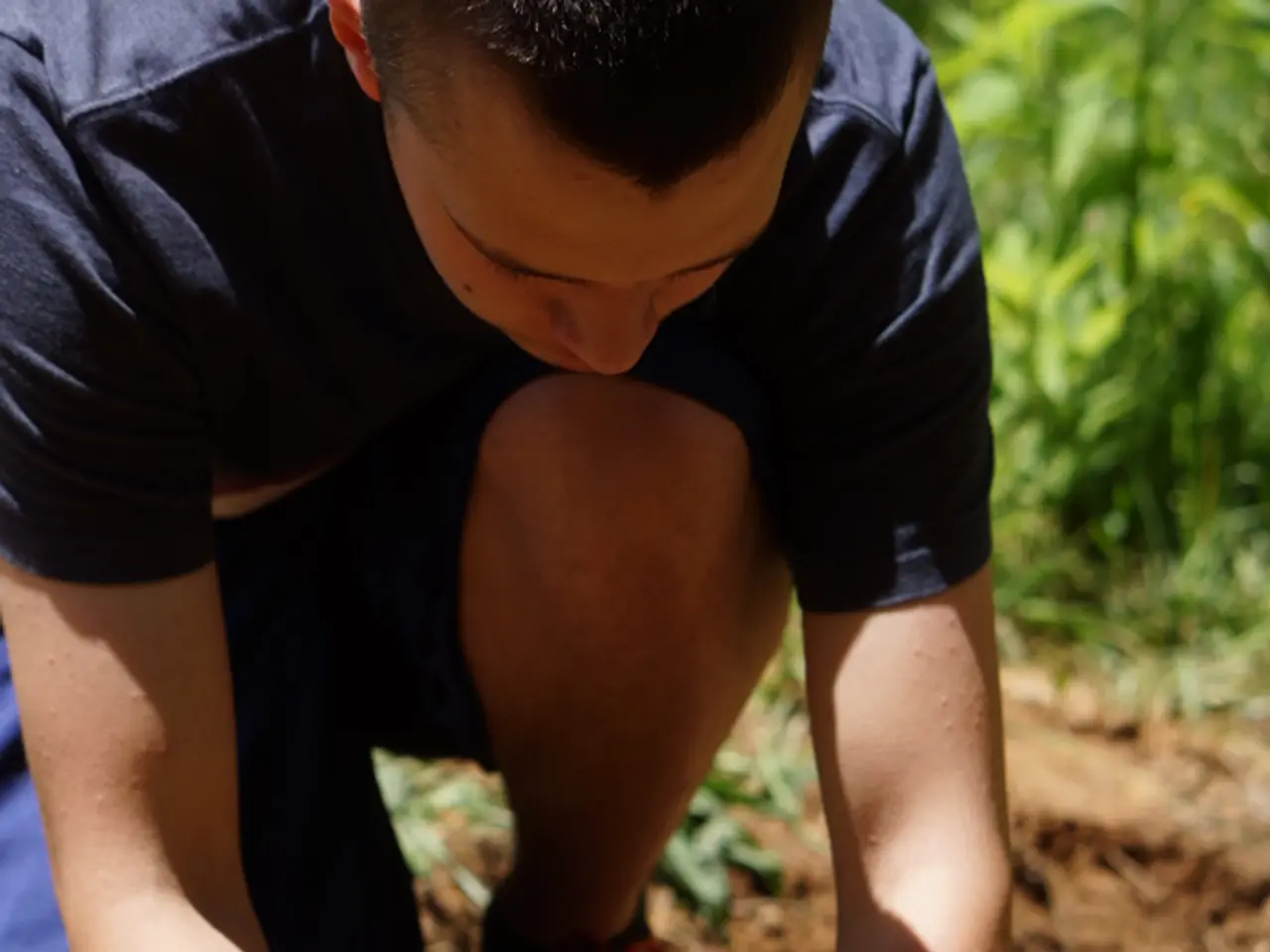Necessary Farming Tools for Eco-Friendly Agriculture
In the realm of sustainable farming and organic practices, the use of eco-friendly hand tools is indispensable. These tools not only aid in maintaining a healthy environment but also ensure efficient farming without the need for excessive chemical use. Here's a comprehensive guide to the best hand tools for sustainable farming, along with tips for their maintenance.
### Best Eco-Friendly Hand Tools for Sustainable Farming
#### Cutting Tools: - Garden Scissors and Pruners: Ideal for trimming and cutting branches, these tools are essential for maintaining plant health. - Sickles and Billhooks: Perfect for harvesting grains and cutting tall weeds or hedges. - Hand Shears: Ideal for shaping shrubs and trees.
#### Digging Tools: - Spades and Shovels: Used for lifting and turning soil. - Digging Forks: Helps in aerating and breaking up compacted soil. - Hoes: Effective for weeding and shaping soil.
#### Weeding Tools: - Hand Hoes and Cultivators: Used for removing weeds and loosening soil. - Stand-up Weed Removers: Chemical-free and easy-to-use tools like Grampa's Weeder are a great addition to your sustainable farming toolkit.
### Tips for Maintaining Hand Tools
#### 1. Cleaning and Storage: - Regular Cleaning: Clean tools with water and mild soap after each use. - Proper Drying and Storage: Dry tools thoroughly and store them in a dry place to prevent rust.
#### 2. Sharpening: - Regular Sharpening: Tools like sickles and pruners should be sharpened regularly to maintain effectiveness.
#### 3. Oil and Lubrication: - Apply Oil: Use oil to lubricate moving parts and prevent rust.
#### 4. Wooden Handles: - Protect Wooden Parts: Use linseed oil or similar products to protect wooden handles from drying out.
#### 5. Regular Inspection: - Inspect for Damage: Regularly check tools for any damage or wear and replace parts as needed.
By adhering to these practices, you can extend the lifespan of your hand tools, improve their performance, and contribute positively to sustainable farming practices.
When purchasing sustainable farming equipment, ensure the tool is designed for specific tasks. Look for tools made from recycled or natural materials. Engaging with local farmers who share similar values can lead to shared tips on tool care.
Pruning Shears are essential for trimming plants and harvesting, while a rake is beneficial for leveling soil and gathering debris. A garden fork is effective for loosening compacted soil and promoting aeration, and a hoe is suitable for weeding and shaping soil.
By incorporating these eco-friendly hand tools into your sustainable farming practices, you're not only benefiting the environment but also ensuring the longevity and efficiency of your tools. Happy farming!
- Sustainability in organic farming requires the use of eco-friendly hand tools like garden scissors, pruners, sickles, billhooks, hand shears, spades, shovels, digging forks, hoes, hand hoes, cultivators, stand-up weed removers, and even pruning shears in gardening.
- Quality hand tools, essential for maintaining plant health and ensuring efficient farming, can help promote the health-and-wellness aspect of sustainable farming practices.
- Organic farming can incorporate science-based practices by adopting eco-friendly hand tools, contributing to the environmental-science field and the fight against climate-change.
- Meanwhile, the lifestyle aspect of sustainable farming can be enhanced by using the best hand tools for fitness-and-exercise purposes, such as sculpting the body while gardening.
- For those interested in home-and-garden activities, gardening with eco-friendly hand tools is a great way to incorporate food-and-drink-focused sustainable living, as cooking with organic produce can contribute to overall health and wellness.
- Moreover, in the realm of fashion-and-beauty, using these hand tools can stimulate a sense of accomplishment and promote mindfulness, providing a holistic lifestyle approach.
- Lastly, by maintaining these hand tools properly, through regular cleaning, storage, sharpening, oiling, and inspection, one can contribute to sustainable living, making these eco-friendly tools last longer and perform better in the long run.




